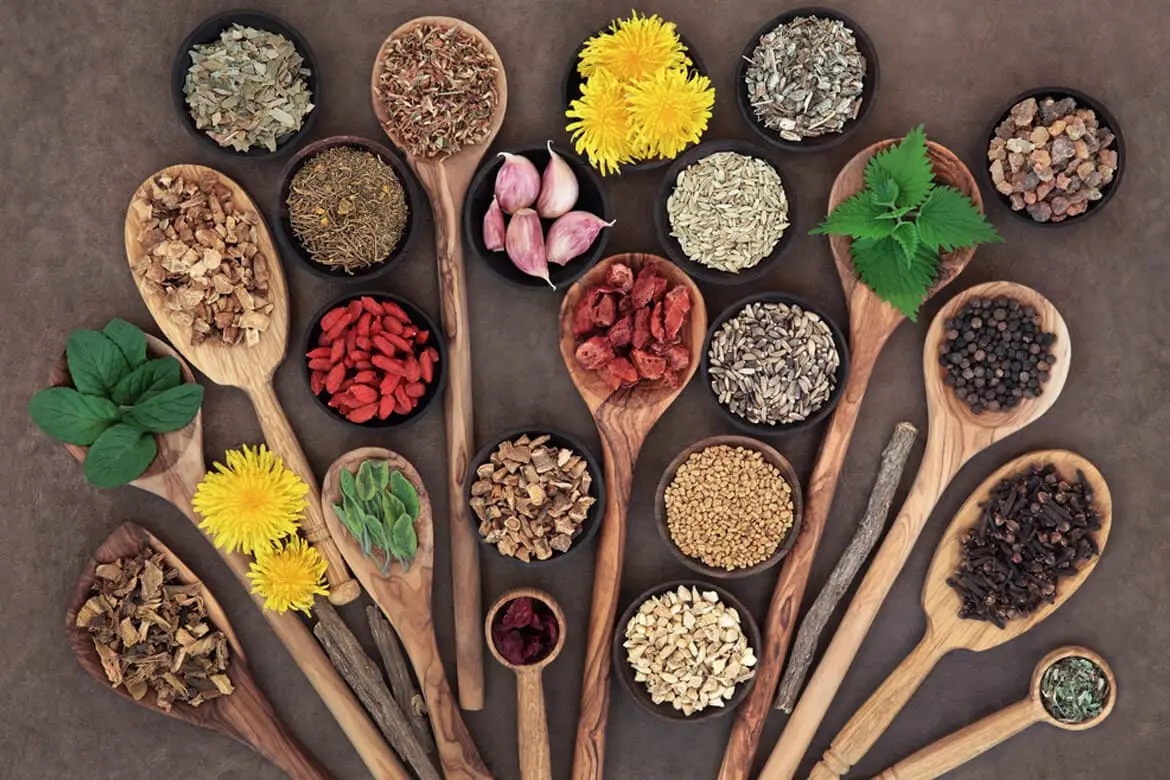Yap Wei Ming Louis
Dietitian


Source: Shutterstock
Dietitian
If you've always considered fatty liver disease to be an alcoholic's burden, you may want to think again. There are actually 2 types of fatty liver disease – alcohol-induced and non-alcoholic fatty liver disease (NAFLD). Around 30% of Asian adults suffer from one of the 2 forms, and a recent study done by SingHealth suggests that the rate in Singapore could be even higher.
If you have the disease, it means you have too much fat in your liver, which makes it less efficient at flushing out toxins from the body. More seriously, the disease can lead to liver scarring and eventually liver failure which is irreversible, so knowing how to lower your risk is valuable information indeed.
While excessive alcohol consumption obviously plays a role in you falling foul of alcohol-induced fatty liver disease, other bad lifestyle choices increase your risk of developing NAFLD.
While the exact cause is not clear, NAFLD is often diagnosed in people who are obese, lead a sedentary lifestyle and consume a diet high in processed foods. Patients with NAFLD also tend to have high blood pressure and high blood cholesterol.
The good news is you can adapt your diet to reduce your risks for both types of the disease. If you are overweight, you should target to lose at least 10% of your body weight by switching to a lower-calorie diet. You can do this by increasing your intake of fresh vegetables, fruit and high-fibre plants, and by reducing your consumption of added sugar, salt, trans fat, refined carbohydrates and alcohol.
Easier said than done, we know, which is why we've put together a little cheat sheet for you on foods that can help you reach your weight goals and combat fatty liver.
If you are yet to be convinced of the health benefits of doing what your mum always urged and eating your vegetables, here's one more reason to munch down on beans, spinach, Brussel sprouts and more greens: tests have shown that broccoli helps to prevent the build-up of fat in the liver. Eating any greens can help you lose weight, which in turn will help your liver. It also gives you early satiety or a feeling fullness and is low in calories. In addition, its fibre-rich content can help you lower your blood cholesterol levels.
Ironically, eating fatty fish helps combat a fatty liver. Salmon, sardines, tuna, and trout are all high in omega-3 fatty acids, which can help lower the levels of fat in the liver and reduce inflammation. It is also a healthy alternative to meat as it provides protein while giving you the opportunity to avoid consuming the fats and skins from meat or poultry.
If you are not a keen fish eater, you can still get your omega-3 fatty acids from walnuts. They are great to eat as a healthy snack, add to your stir fry for that extra texture or sprinkle over your favourite salad. Limit your portion to a small handful per day.
When you need to control your weight and lower liver enzyme levels, you can't go wrong by reducing the amount of fat and oil in your diet and choosing healthier, unsaturated oils. Flaxseed oil is an example of unsaturated oil, and it is also a good source of omega-3 fatty acids. You can dash it over a salad, drizzle over bread or use as a light frying oil to add a distinct flavour to all your dishes without you feeling guilty for the indulgence.
Now we are starting to see a pattern. Here's another delicious food choice that's high in healthy fat, yet great for heart and liver health. Avocado appears to contain chemicals that might slow liver damage. Spread a small amount over toast with lemon juice and black pepper, add to a sandwich or wrap, or get really adventurous with the many avocado recipes you can find online.
Protein helps repair body tissue, and milk is a great source of protein. Go for skimmed or fat-free versions. If you don't enjoy drinking it plain, why not splash it on a healthy oatmeal breakfast in the morning to set yourself up for the day?
Coffee often gets a bad rap, but the good news is that it isn't always the enemy to health it's sometimes made out to be. Coffee appears to lower the amount of abnormal liver enzymes in people at risk for liver diseases. Just make sure you do not add unnecessary creamer or sugar which increases the calories. Instead, use low fat milk and artificial sweeteners if you cannot fight your sweet tooth.
Vitamin E is a powerful antioxidant that could protect the liver from damage, and sunflower seeds are a tasty little source of this important vitamin. Not only do they offer protection, but they add a wonderful texture when sprinkled over a salad, or to munch on as a healthy mid-day snack. Just keep it to small amounts.
If you are not a great fan of garlic, garlic powder supplements may be your answer to reducing fat levels, if experimental studies are to be believed. Nevertheless, garlic helps flavour your dishes, so you don't end up using too much sauce, which adds calories and salt.
New studies seem to point to green tea reducing fat storage in the liver and improving liver function. While this research is in its early stages, there's no harm in drinking green tea anyway for all the health benefits we know it has, including lowering cholesterol and helping you sleep – and a regular good night's sleep does wonders for keeping your weight down too.
So there you have it – 10 great suggestions for adding liver-preserving ingredients into your diet – all readily available on the shelves of your local supermarket.